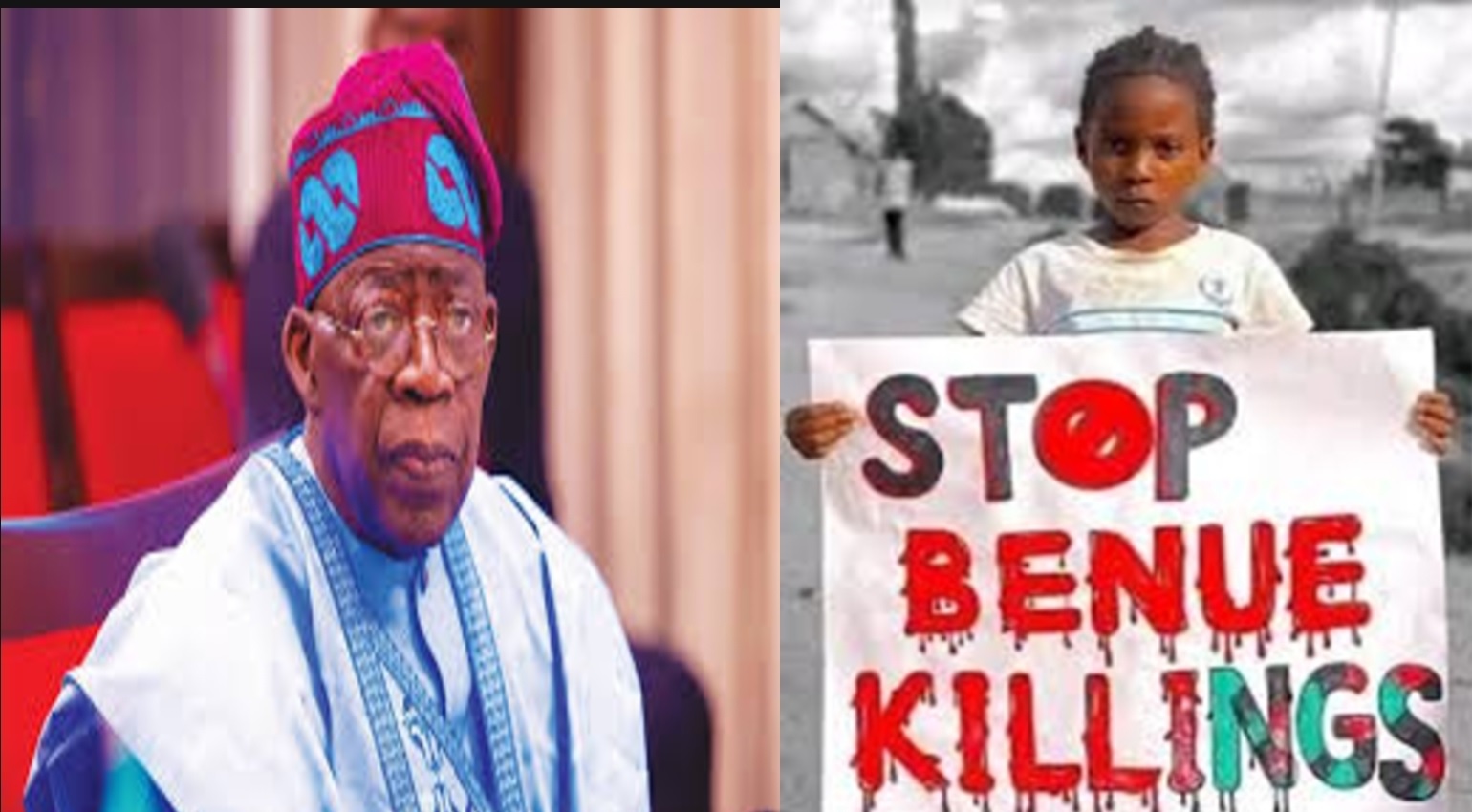Another week brings another tragedy. In Mokwa, Niger State, floods killed 207 people, while over 60 died in stampedes for palliatives.
Meanwhile, militia violence in Yelwata in Benue and Plateau states left over 2000 dead the last one year, and kidnappers abducted hundreds across Zamfara, Borno, and Katsina.
These are not isolated events but part of a relentless cycle of suffering that defines Nigeria today.
Yet, the response remains shockingly predictable. Officials issue tweets or press releases expressing “deep regret,” then silence follows. No protests erupt, no collective mourning occurs, and leaders evade accountability. This raises a disturbing question: Have Nigerians grown numb to tragedy?
A Nation Desensitized
For years, Nigerians have endured hardship with resilience. However, resilience has now turned into resignation. Tragedies occur so frequently that they no longer shock us. Lives lost become mere statistics or fleeting headlines that fail to hold our attention.
Elsewhere, a flood killing 200 would spark national mourning and urgent action. Leaders would visit affected areas, officials might resign, and the media would keep the story alive. In Nigeria, however, such events fade quickly. The dead are counted, blame is deflected, and the nation moves on without reflection.
The Collapse of Empathy
This indifference reveals a deeper crisis: the erosion of empathy. Empathy binds communities, fostering compassion and driving demands for justice. Without it, society grows passive, tolerating suffering without protest.
Resilience without outrage enables complicity. Endurance without memory leads to surrender. Nigerians must not just endure—they must care enough to act. Yet, today, public apathy mirrors governmental indifference.
Leadership Without Accountability
The government’s inaction highlights this failure. President Tinubu canceled his Democracy Day speech with little backlash. He did not visit Mokwa’s flood victims, and the story soon vanished from public discourse.
When 60 Nigerians died scrambling for food, authorities blamed the victims instead of fixing systemic failures. No officials faced consequences, no policies were revised. The nation moved on, as it always does.
This begs a critical question: What happens when a government neglects its people, and citizens stop expecting better? The answer is clear—Nigeria’s current reality, where tragedy is routine and justice rare.
A Deadly Normal
In this grim normal, disasters are expected, and inaction follows predictably. A child shot by police, a farmer killed by bandits, hundreds drowned in floods—these stories briefly trend before fading. Hashtags replace action, prayers substitute for justice.
Normalizing tragedy harms our collective psyche. When we stop mourning the dead or demanding accountability, we lose our humanity. Worse, we enable a system that fails its most vulnerable.
Rediscovering Outrage
How can we reverse this decline? First, we must remember that every number represents a life—a name, a family, a story cut short. We cannot let statistics dull our compassion.
Second, we must demand leaders who prioritize accountability. A government that ignores crises betrays its duty. Citizens must insist on better governance.
Finally, we must reclaim outrage—not as violence but as moral courage. Outrage fuels change, proving society still cares enough to fight for justice.
A Call to Wake Up
A nation that stops feeling cannot heal. If we cease to mourn our dead, we risk becoming a graveyard with a flag. Nigeria must reject this path of apathy before more lives are lost.
The time to act is now—before another flood, another stampede, another tragedy erodes our humanity further. Nigeria must wake up. The cost of complacency is too devastating to ignore.







